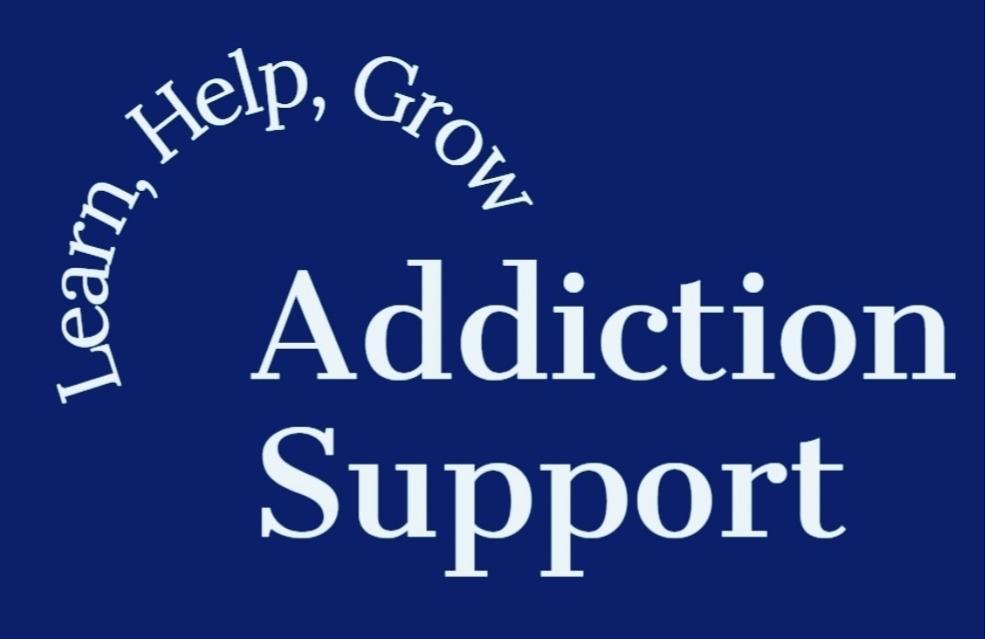Does Addiction Run In The Family?
When it comes to substance abuse disorders, it might seem like a no-brainer to assume that addiction runs in families. After all, people who grew up in homes with parents who struggled with substance abuse have a statistically higher risk of developing similar habits themselves later down the line. But does this mean that genetics are singularly responsible for determining whether or not someone will develop substance abuse disorders? It’s not as straightforward as you might think. In this article, I will walk you through everything you need to know about how genetics can impact addiction as well as other factors that contribute to substance abuse disorders.
According to MentalHelp.net, a sibling, parent, or child of someone who has demonstrated a history of substance abuse and addiction increases their likelihood of developing similar issues with addiction by four to eight times. This evidence suggests a high probability that addictive tendencies are passed through genetics.
While this data can provide experts with a general idea regarding how influential DNA is when it comes to the likelihood that someone will struggle with addiction, it is only one piece of the puzzle. To best understand the factors that lead to addiction, we have to look at the bigger picture. This includes identifying genetic factors, environmental contributors, and a person’s personality traits.
Is Addiction Hereditary?
Most research on the topic suggests that addiction can be hereditary. This means that yes, addiction disorders can be passed down through genes. When studying genetic contributors of a disorder, many factors are considered, including how frequently the disorder occurs within a family.
A person’s genetic makeup can contribute to the likelihood that they will develop substance abuse issues down the line. There are a few different reasons for this. First off, we can see that genetic factors can influence the way that a person responds when exposed to a particular substance.
In cases regarding alcohol, a specific gene (ALDH2) determines how alcohol is broken down in the body. The composition of this gene can either prevent an individual from developing alcohol dependence or increase the likelihood that they will become dependent on alcohol.
There are some other traits that can contribute to someone’s likelihood of developing problems with addiction at some point in their lives. High dopamine levels can influence an individual’s tendency to act impulsively, which can lead them to act impulsively and consume abuse. Other traits that result due to high dopamine levels include an inability to regulate emotions, executive dysfunction, and other temperamental characteristics. But keep in mind, although someone might be genetically predisposed to develop a dependence on a substance, they can eliminate their risk of developing an addiction if they abstain from using that substance.
Is Addiction Environmental?
Someone’s family tree is not the only thing to consider when it comes to uncovering the causes of addiction. Another major factor in determining whether or not someone will develop an addiction disorder stems from the environmental conditions of the individual.
One example of an environmental factor that can increase your chances of developing a substance abuse disorder is having easy access to a particular substance. Obviously, you can’t engage in substance abuse if you don’t have access to it. However, this environmental factor doesn’t just affect adults. Research suggests that regular exposure to a particular substance in the home as a child can lead to a higher risk of developing future problems with substance abuse.
Exposure to peer pressure can also impact someone’s risk of developing a substance abuse disorder. This is especially the case for young people, who are more susceptible to giving in to pressure from friends. Sometimes, the desire to fit in can weigh heavily on our decision-making. For that reason, people who are exposed to frequent peer pressure can be at a higher risk of using substances and developing a dependence upon that substance.
Can Anyone Develop an Addiction?
Addiction disorders are more common than you might think. There are many different paths to addiction that depend on various factors. Just because you don’t have a history of substance abuse in your family, does not mean you’re immune to developing an addiction within your lifetime. Here are a few things that can lead to substance abuse disorder, regardless of your family history.
Another factor that can increase someone’s risk of developing an addiction is a mental health disorder. Certain conditions are more susceptible to drug abuse issues than others. If you or a loved one suffers from bipolar disorder, depression, or post-traumatic stress disorder, you may be more likely to develop an addiction at some point throughout your lifetime.
With that said, many of the factors that determine whether or not someone will develop an addiction to a particular substance rely on the individual. Everyone is different. Therefore, some people may be more susceptible to one substance over another. The best way to assess your own risk for developing an addiction is to get in touch with your own habits and tendencies.
How To Minimize Your Risk of Addiction
If you’re reading this and you’ve realized that you are at a higher risk for developing substance abuse issues, don’t worry! There are plenty of things that you can do to minimize your risk of developing an addiction. Remember, having a family history of addiction is only one piece of the puzzle. There are many factors that can contribute to a substance use disorder. Here’s how you can beat the odds and avoid developing habits that can lead you to substance abuse.
First, you will want to avoid using substances whenever necessary. This includes things like alcohol, tobacco, illicit drugs, and the misuse of medications. If you have been prescribed a medication and are having difficulty taking that medication as directed by your doctor, it’s time to speak up about it. Discuss the medication with your doctor and ask if there are any alternative medications they can prescribe instead.
The best thing that you can do to prevent developing a substance use disorder is to talk to a therapist or counselor who is trained in addiction and addictive behaviors. They can help you avoid any additional risk of developing a substance use disorder. For access to a national directory, please see the Addiction Support Resources Page. Help is often just a few clicks or a phone call away.
Angel Ayala, LPC, LCDC
Angel is a licensed addiction counselor, therapist, writer, and conference presenter. He advocates for addiction awareness and recovery in the Dallas/Ft. Worth Metroplex. Angel is the current president of Ft. Worth TAAP (Texas Association of Addiction Professionals) and endeavors to be a life-long learner.



